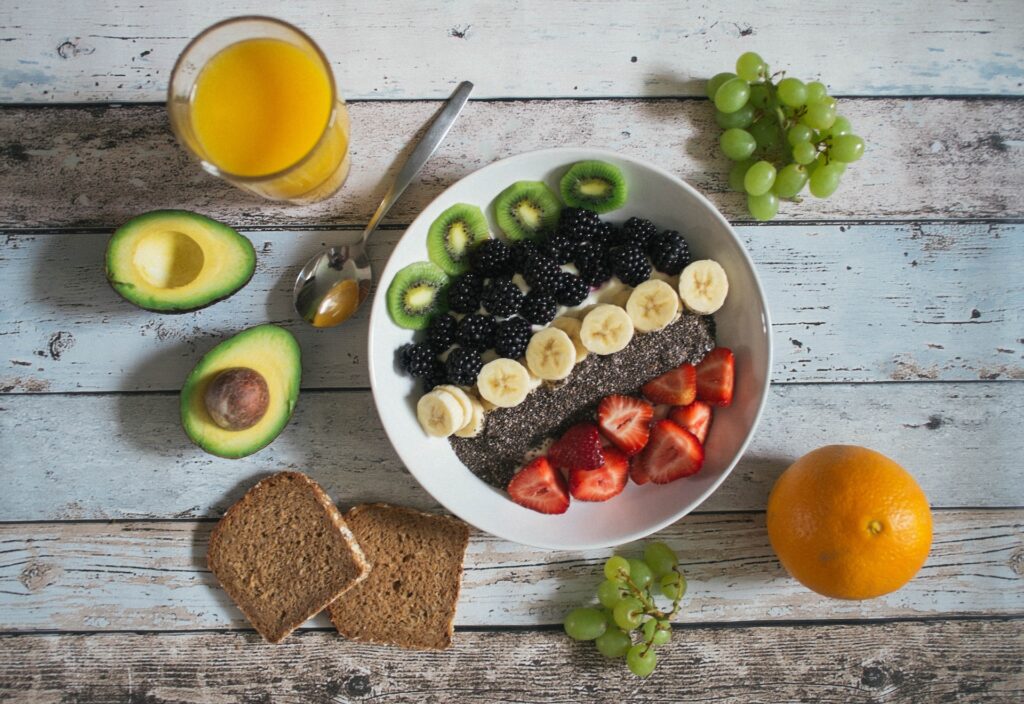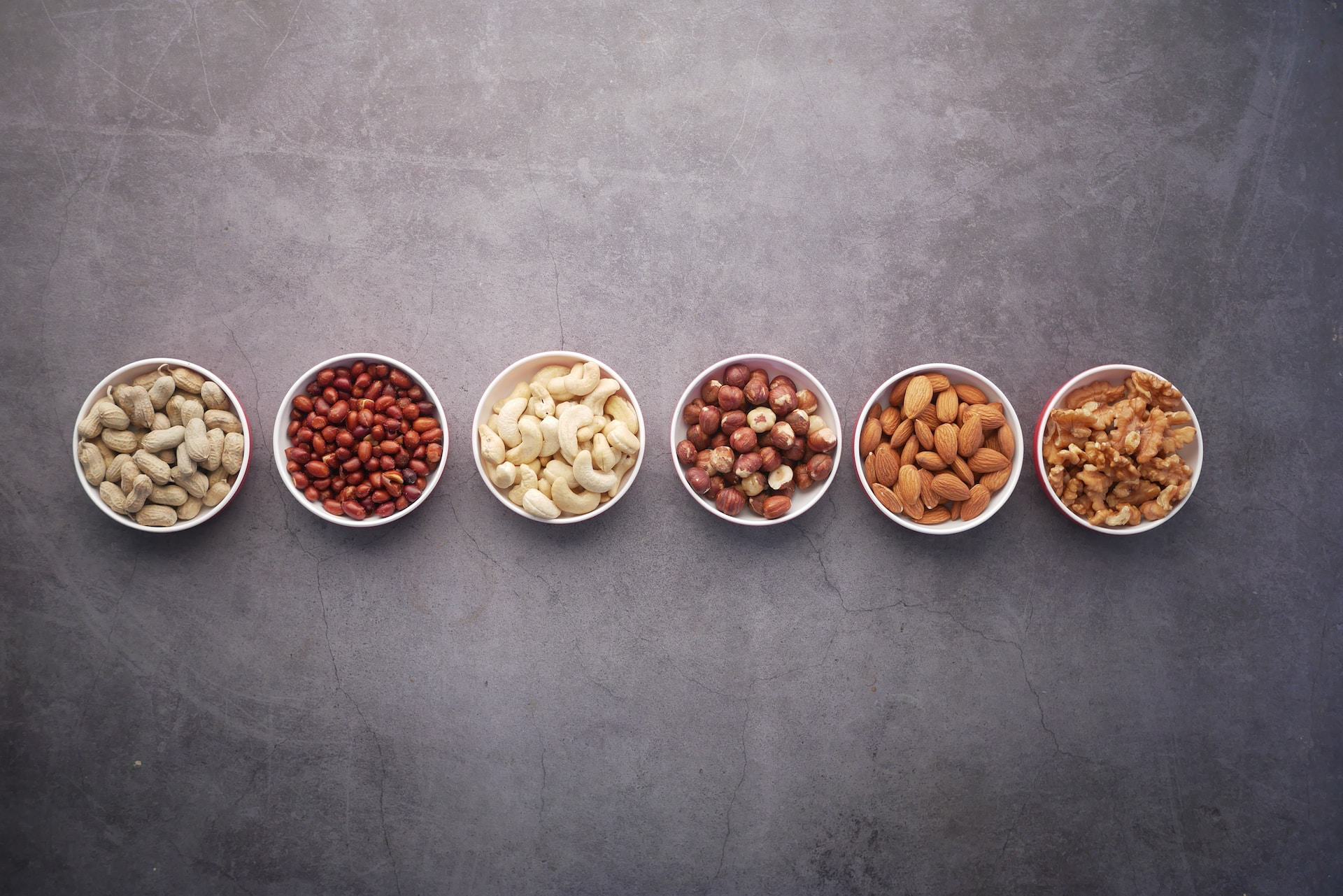In today’s health-conscious world, the popularity of veganism is on the rise, with people choosing plant-based diets for various reasons, including ethical concerns and health benefits. However, one common concern among vegans is obtaining an adequate protein intake. Fortunately, there’s a plethora of protein-packed foods that can cater to the nutritional needs of vegans. In this article, we’ll explore the world of plant-based protein, highlighting some of the best sources and offering valuable insights into incorporating them into your diet.
Switching to a vegan diet offers numerous health advantages. Scientific studies indicate that individuals who follow a vegan lifestyle typically exhibit lower cholesterol levels, a diminished likelihood of heart disease, and improved weight control. By choosing protein-rich plant foods, vegans can further enhance their well-being.
Veganism also aligns with eco-conscious living. Plant-based diets typically have a smaller environmental impact in comparison to diets centered around meat consumption. By adopting a vegan lifestyle, individuals can reduce greenhouse gas emissions and the preservation of valuable natural resources.
Legumes: The Vegan’s Best Friend
Legumes are a powerhouse of protein for vegans. These include beans, lentils, chickpeas, and peas. Just a single cup of cooked lentils can provide around 18 grams of protein. Incorporating legumes into your diet is not only nutritious but also versatile. From hearty stews to flavorful salads, legumes can be the star of numerous delicious dishes.
Tofu: The Versatile Protein Block
Tofu, also known as bean curd, is a staple in many vegan diets. It’s made from soybeans and is incredibly versatile. With about 10 grams of protein per 4-ounce serving, tofu can be used in savory stir-fries, grilled dishes, or blended into creamy smoothies for a protein boost.
Tempeh: Fermented Protein
Tempeh is another soy-based protein source that’s fermented, making it easier to digest. It boasts a nutty flavor and a firmer texture than tofu. A 3.5-ounce serving of tempeh provides approximately 19 grams of protein. Grilling or marinating tempeh can add a delightful touch to your meals.
Nuts and Seeds: Tiny Powerhouses
Nuts and seeds are compact packages of protein, healthy fats, and essential nutrients. Almonds, peanuts, chia seeds, and hemp seeds are some fantastic options. These can be sprinkled on salads, blended into smoothies, or enjoyed as a quick, energy-boosting snack.
Quinoa: The Complete Protein
Quinoa is often called the “complete protein” because it contains all nine essential amino acids. This makes it an ideal choice for vegans. One cup of cooked quinoa provides roughly 8 grams of protein. It’s a versatile grain that can be the base for salads, bowls, or even as a breakfast porridge.
Seitan: The Meat Substitute
Seitan is a popular meat substitute among vegans. It has a meaty texture and can be seasoned to mimic the flavors of various meats. A 3.5-ounce serving of seitan delivers an impressive 25 grams of protein, making it a favorite among those seeking a hearty, protein-packed meal.

Green Peas: Surprisingly Protein-Rich
Green peas are a simple yet effective source of plant-based protein. A single cup of cooked green peas contains approximately 8 grams of protein. These can be added to pasta dishes, soups, or enjoyed as a side dish.
Legume Pasta: A Modern Twist
For those who crave pasta but want more protein, legume-based pasta is an excellent choice. Brands like chickpea or lentil pasta offer an impressive protein content of around 20 grams per serving. Pair them with your favorite vegan sauces for a satisfying meal.
Vegan Protein Powders: Convenience Meets Nutrition
Vegan protein powders are a convenient way to boost your protein intake, especially for athletes or those with high protein requirements. Options like pea, rice, or hemp protein powders can be blended into smoothies or used in baking to create protein-rich treats.
Conclusion
In conclusion, being a vegan doesn’t mean compromising on protein intake. With a well-balanced diet that includes a variety of plant-based protein sources, vegans can enjoy robust health and vitality. From legumes to tofu, quinoa to seitan, there are abundant choices to suit every palate and dietary need. By embracing these protein-packed foods, vegans can continue to thrive while making a positive impact on their health and the environment.
So, go ahead, explore the world of vegan protein, and savor the delicious and nutritious options available to you. A vegan diet isn’t just good for you; it’s also a step towards a more sustainable and compassionate world.


